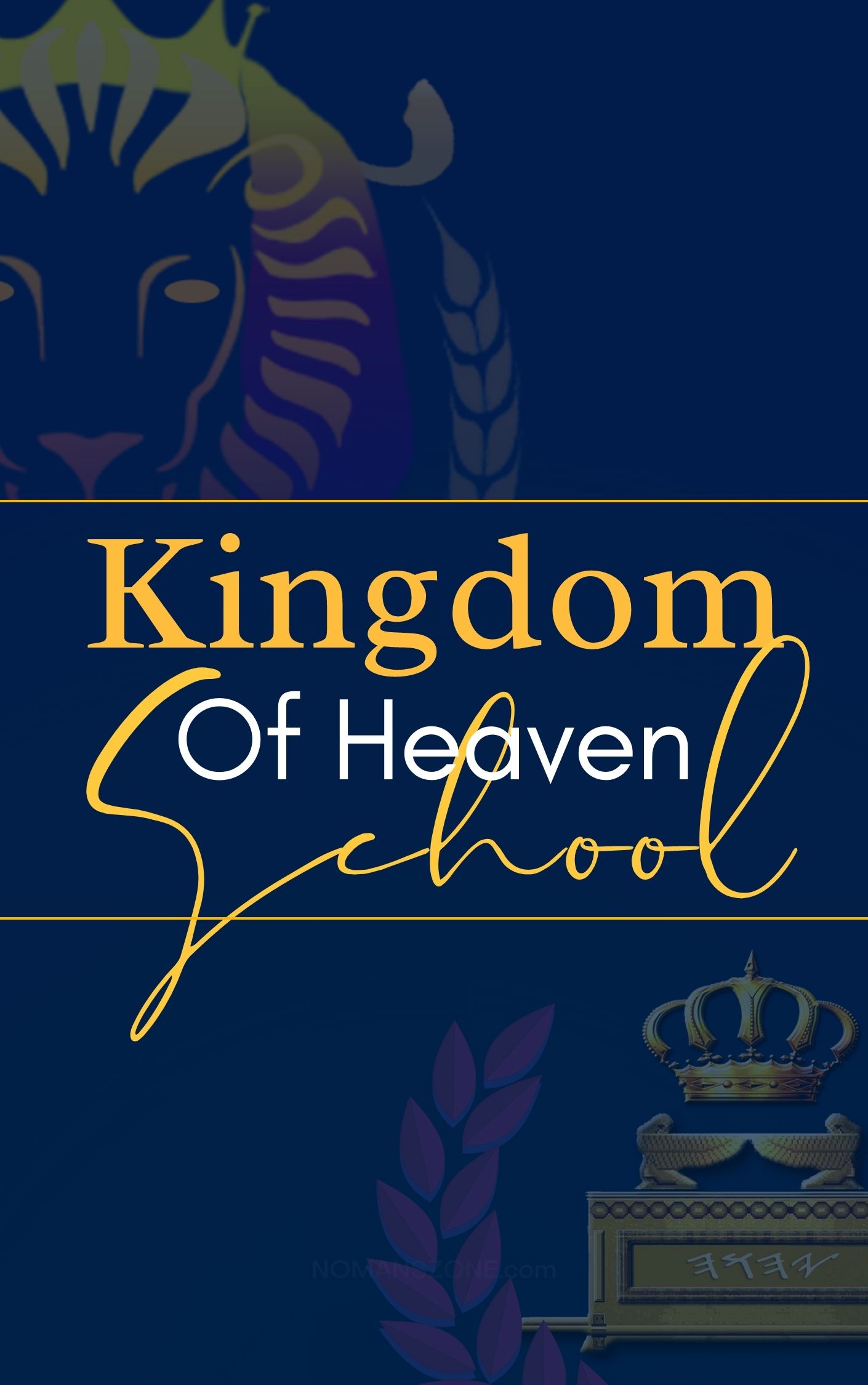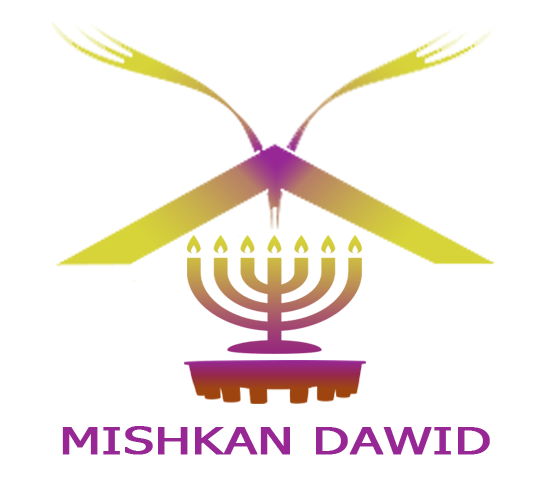Kingdom of Heaven School
Malchut Ha-Shamayim is the Hebrew term for the Kingdom of Heaven School of Torah.
Malchut Ha-Shamayim Yeshivah provides all its teachings and material free of charge. It is expected that the student will set aside time to read and learn the materials. The first duty of a student/disciple is to learn Hebrew so that one can read the Hebrew Scriptures in the set apart tongue. The rest of our education in Torah is Commentary and Teachings which one can learn at their own pace. See section on Commentaries and Teachings.
INTRODUCTION
Learning to read YHWH’s word in Ivrit (Hebrew) is the most important step you can take to develop your indentity as Yisra’el and and to merit your inheritance in the land.
The fact is we are no longer gentiles, and we are not called to be Jews. Through Yeshua the Messiah we have been engrafted into the family of Yisra’el and heirs to the Kingdom of YHWH according to Yechezkel (Ezekiel) 37:1-23;Romiyah (Romans) 8:17; 9:1-11, 11:11-31. Together with the Jewish people we are the Hebrew family of Avraham, Yitzchak and Yaakov, therefore the Kingdom of YHWH on Earth.
Both Jews (who do not keep Torah) and Gentile must exit the gentile way of life and enter into Yisra’el. Hebrew culture, traditions and way of life is based on a knowlege of Hebrew, without an understanding of the Hebrew one will not become assimilated into Yisra’el and shall remain a gentile in identity, thinking and practice. Gilyahna (Revelation) 18:4 warns and instructs all believers, both Jew and Gentile to come out of Babylon ‘Come out of her my people! Categorically any pagan belief, religion and way of life.
The Hebrew Scripture was written in two languages: Hebrew and Aramaic. Hebrew is the primary language in which the greater part of the Scriptures was written. The portions which were written in Aramaic include a place name in Beresheeth (Genesis) 31:47, one verse in Yirmeyahu (Jeremiah) 10:11, and sections of Daniyel (Daniel) 2:4, 7:28 and Ezrah (Ezra) 4:8, 6:18, 7:12-26. Aramaic uses the same script as Hebrew and are sister languages.
Knowledge of Hebrew is a guard against theological error. The final authority for faith and practice is the written Word of YHWH in Hebrew. According to the Polish rabbi, Haim Nacham Bialik, “Reading the Bible in translation is like kissing your bride through a veil.” A believer should attempt to draw as near to the original sources as possible, so as not to be dependent upon others for what the text says or means. In other words learning Hebrew enables you to kiss your bride without a veil.
The bottom line is that no translation from the original Hebrew or GreeK into English is perfect. Each language has its own concepts, metaphors, expressions, and grammatical nuances which make a word for word literal translation virtually impossible. Therefore it is essential we learn to read the Scriptures in Hebrew and it is not hard to master. If a believer does this daily one will quickly learn how to read Hebrew. It is not hard. It just requires a 15 minutes of ones time a day or an hour weekly to practice.
To learn Hebrew, Grammer and Syntax. Download a copy.
(Note) Do not be overly concerned with the grammer or vocabulary it will come as you read, it is more important you listen to Hebrew and practice reading.
To listen to authentic sample recordings of Biblical Hebrew with accent.
Authentic Recordings of Biblical Hebrew - Biblical Culture
THE HEBREW SCRIPTURES
To practice reading the Hebrew TaNaK follow the guidelines below.




